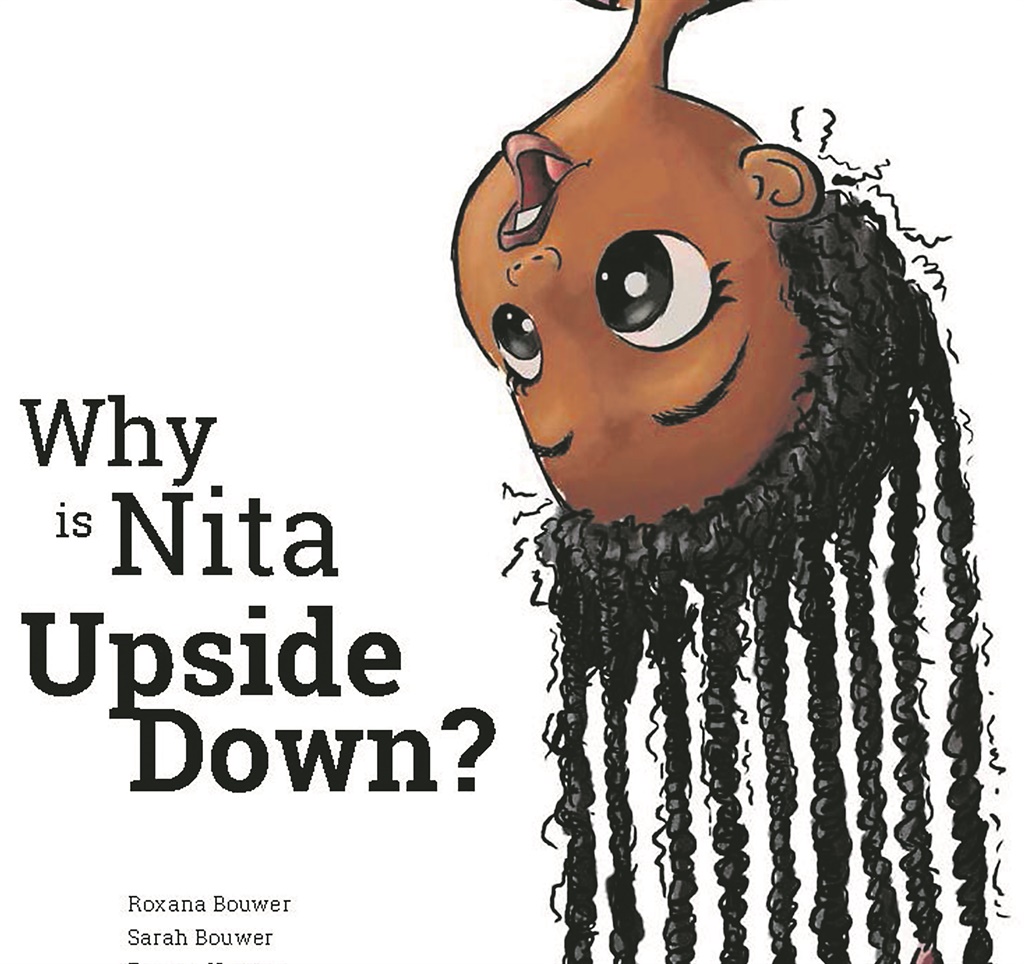
Free books for kids? Don’t be silly, nothing’s for mahala. Except it’s true. An amazing project called Book Dash aims for every South African child to have 100 books by the time they turn five. Phumlani Sithebe Langa finds out more
Some amazing new children’s books have passed across my desk recently. There’s the one about Nita, who’s hanging upside down, and her friend Navi tries to figure out why. And Amazing Daisy, a chicken who believes she was put on this earth to fly. And then there’s the inspiring tale of Zanele Situ, who is told she will never walk and ends up becoming a world-famous athlete in a wheelchair.
Of course, you’d expect them to cost at least R200 each – you know how it is with the price of books these days. But what if I told you that all of these books – plus another two dozen and counting – are free?
All you have to do is print them off the internet and they’re yours to give to children who need more books in their lives. Especially this kind of book – relevant, easy to read, gorgeously illustrated and with a hidden educational or moral lesson.
In fact, Book Dash, the site that houses these books under a creative commons licence, also raises funds to professionally print books to distribute.
How did Book Dash manage to defy all the laws of our failing education system and the economic downturn? Well, for starters, the content is kindly donated by people who want to help revolutionise children’s books in South Africa.
They do this at a creative jam session called a Book Dash creation day, where about 40 writers, illustrators and designers come together, for free, to combine their talents to produce books for children in 12 hours. The books then find their way to the ever-growing online Book Dash library. Some of the books have also been translated into indigenous languages, depending on what free translation services are available.
One of the founders of this not-for-profit ray of sunshine is tech fundi and digital publishing expert Arthur Attwell, the chairperson of Book Dash.
My first question for Attwell was whether the state got behind the project.
“We haven’t asked for help from government – we simply hope that our work supports theirs. If our books make it possible for government to help children, for instance by improving early childhood development centres [crèches] or stocking school libraries, that’s great,” says Attwell.
“And they don’t need to go through us: anyone can print and distribute our books freely, including government. Book Dash is our contribution to the country.”
Of course, Book Dash is not the only project of its kind. Civil society and government have launched several initiatives to raise childhood literacy levels. The state’s Children’s Literature Programme coordinates a number of projects in support of the development of children’s literature, and foreign aid agencies have built numerous libraries in townships and rural areas.
But the problem is often that the books being stocked in these libraries and promoted are not local or in African languages.
It’s really civil society that’s breaking ground. The Project for the Study of Alternative Education in SA (Praesa) won a major international award (the Alma) last year for its efforts in teaching children how to read.
Traditionally, teachers start by teaching children their ABCs, followed by phonetics – where kids sound out words. While this is an important part in the process, Praesa believes more has to be done. Children learn through taking part in a social experience – by being immersed in oral language. Praesa believes children need to view reading as a fun and enjoyable pastime.
The organisation holds storytelling sessions in which children can create stories by dictating them to scribes. These works are then published for free by Praesa, and anybody can distribute them. Between Praesa and Book Dash, there’s a glimmer of hope – and many high adventures – on the horizon.
No one can accuse Attwell of dreaming small – the Book Dash initiative’s mission is that every South African child owns at least 100 books by the age of five. Book Dash wants to flood the streets with knowledge by producing 600 million free books for children who could otherwise never afford this luxury ... no, necessity.
To download the free books, simply visit bookdash.org, or visit the site and donate some money for Book Dash to pay to stage events and print books so they can be distributed
The next Book Dash is in Cape Town on March 5. To find out more, follow @bookdash on Twitter




 Publications
Publications
 Partners
Partners








